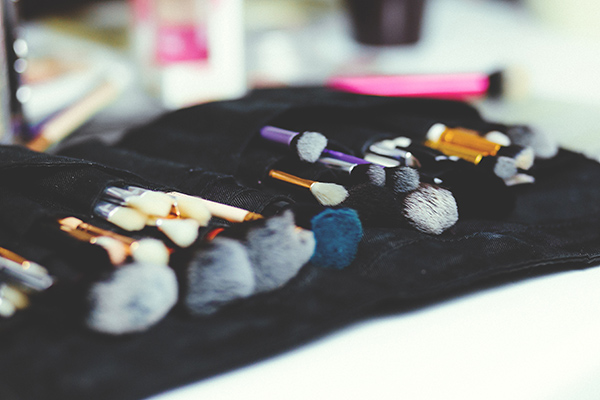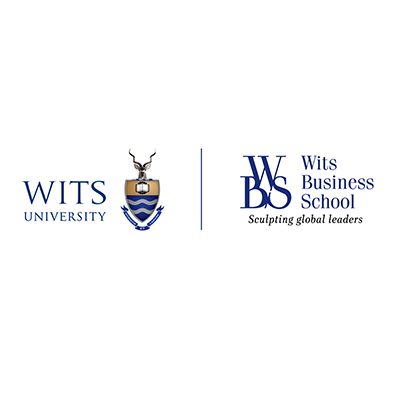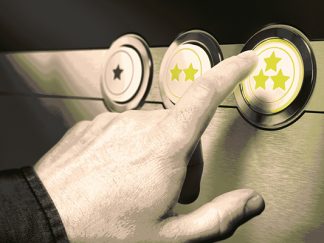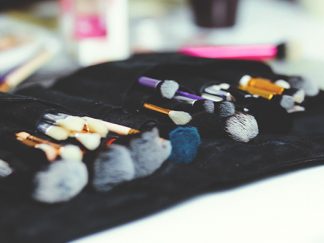Description
Beauty Factory: Planning a Future in a Slow Economy: Abstract
Le-Sel Research, a family-owned, South African manufacturer of beauty products, launched Beauty Factory in 2011, after seeing a gap for affordable, high-quality beauty products. As a boutique retailer of beauty and home products, the brand had achieved early success, but growth and profitability had faltered as the economy had weakened. The marketing team believed that the brand had great potential. However, the challenge was to ensure that it reached its potential amidst the changing market conditions. Andrew Frodsham, the owner and CEO of Le-Sel Research, was considering a radical shift in strategy – from selling only through its branded Beauty Factory outlets to selling through some or all of the big retail chains in South Africa. In early 2014, he met with his team to map out the future of Beauty Factory.
Teaching objectives
This case study targets MBA students of strategic marketing and examines the growth and sustainability challenges faced by Beauty Factory. It serves as a real model that can be used by marketing students to develop long term plans aimed at maintaining a strategic fit between Beauty Factory’s goals an capabilities and its changing market.







Reviews
There are no reviews yet.